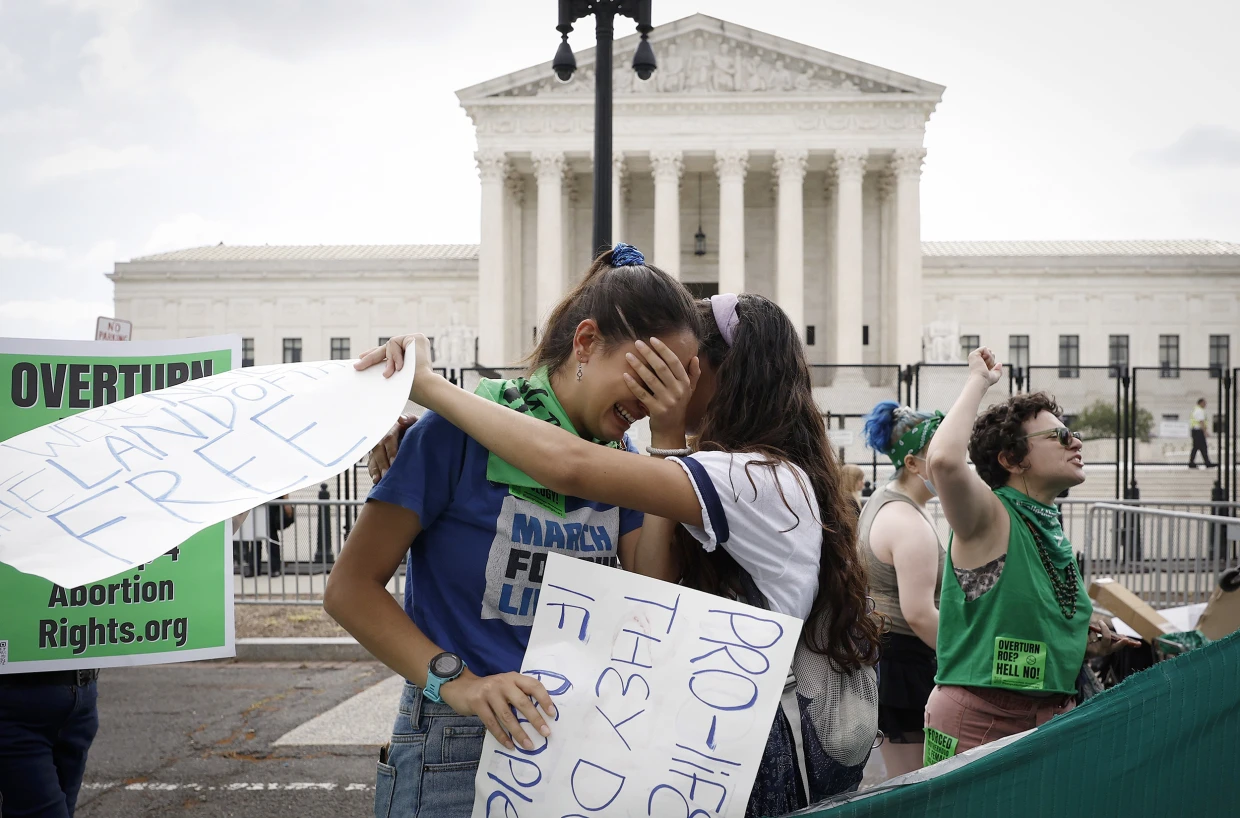With Roe v. Wade overturned by a Supreme Court ruling Friday, abortion is still legal in much of the U.S., but individual states are now free to make abortion illegal.
More than 22 states and U.S. territories have abortion bans that were designed to take effect once Roe v. Wade was overturned.
Advocates are urging the public to learn about established abortion funds.
While there have been a record number of anti-abortion laws passed recently to restrict access to abortion care — and with the Dobbs ruling, more are certain to come — the reality is that abortion has been inaccessible for a large number of people living in the United States for decades, experts say, especially for people of color, poor people and those living in rural areas.
Since Roe v. Wade was established, legislators have passed over 1,000 laws restricting access to abortion, according to research by the Guttmacher Institute, an organization that advocates for access to reproductive care. In response, people have established abortion funds — a network of advocates, often led by Black women, helping to provide financial and other support services to people who need abortion care.

